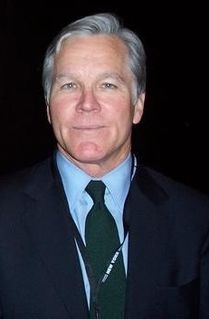A Quote by Richard Flanagan
In the late 19th century, the theory that the Aborigines were an inferior race that was doomed to die out became accepted as fact.
Related Quotes
I was really interested in 20th century communalism and alternative communities, the boom of communes in the 60s and 70s. That led me back to the 19th century. I was shocked to find what I would describe as far more utopian ideas in the 19th century than in the 20th century. Not only were the ideas so extreme, but surprising people were adopting them.
We became enthralled with the view that wealth trickled down from the top and that if you poured money into rich people, sort of like an ingredient, prosperity and jobs would squirt out of them like donuts. And if you understand economies in the 19th-century way, that view is plausible, and I think a lot of people accepted it.
Upward mobility across classes peaked in the U.S. in the late 19th century. Most of the gains of the 20th century were achieved en masse; it wasn't so much a phenomenon of great numbers of people rising from one class to the next as it was standards of living rising sharply for all classes. You didn't have to be exceptional to rise.
People have asked me about the 19th century and how I knew so much about it. And the fact is I really grew up in the 19th century, because North Carolina in the 1950s, the early years of my childhood, was exactly synchronous with North Carolina in the 1850s. And I used every scrap of knowledge that I had.
Now, as Mandelbrot points out, ... Nature has played a joke on the mathematicians. The 19th-century mathematicians may not have been lacking in imagination, but Nature was not. The same pathological structures that the mathematicians invented to break loose from 19th-century naturalism turn out to be inherent in familiar objects all around us.






































